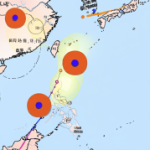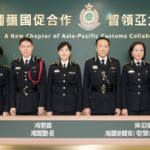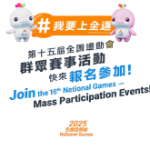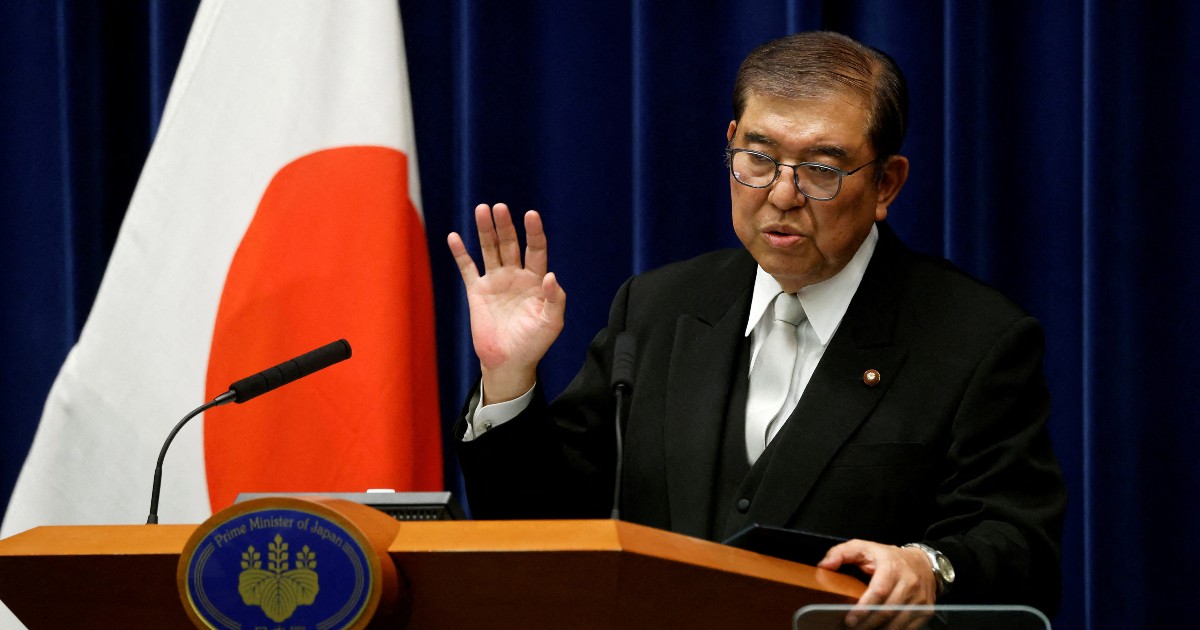The user wants a detailed analysis and professional report over 1000 words based on the title “國際財經 – 日美關稅談判 石破茂:不能為追求速度損國家利益”.
The report should be in traditional Chinese, follow a specific structure (engaging intro, subheadings, logical flow, strong conclusion), use an accessible yet professional language style, incorporate facts (from the search results), and be in Markdown format.
The title mentions “International Finance – Japan-US Tariff Negotiations, Shigeru Ishiba: Cannot Sacrifice National Interests for Speed”. This suggests the content will be about the trade/tariff negotiations between Japan and the US, specifically focusing on the perspective of Japanese politician Shigeru Ishiba and his concerns about prioritizing speed over national interests.
Plan:
* Opening (設定小標題): Hook the reader by highlighting the tension between negotiation speed and safeguarding national interests in international trade talks. Introduce the Japan-US context and Ishiba’s key statement.
* Body (設定小標題):
* Explain the background of the Japan-US trade negotiations. What were the key issues on the table (e.g., agriculture, automobiles, digital trade)?
* Detail Shigeru Ishiba’s position and his rationale. Why did he emphasize national interests over speed? What were the specific concerns he might have had (though the title doesn’t specify *what* interests, it implies potential concessions harmful to Japan)?
* Discuss the dynamics of trade negotiations – the pressure for quick deals vs. the need for thoroughness and protection of key domestic sectors.
* Explore the potential consequences of rushing a trade agreement.
* Contrast Ishiba’s view with potential arguments for a speedy resolution (e.g., reducing uncertainty, securing market access quickly).
* Conclusion (設定小標題): Summarize the core tension and Ishiba’s warning. Reflect on the broader lesson for international trade negotiations – balancing pragmatic timelines with the fundamental responsibility to protect national welfare. End with a thought-provoking sentence.
Constraint Checklist & Confidence Score:
Confidence Score: 5/5
Strategizing complete. I will now execute the plan, starting with the search query.











